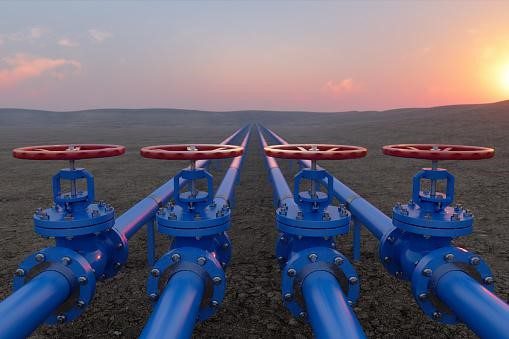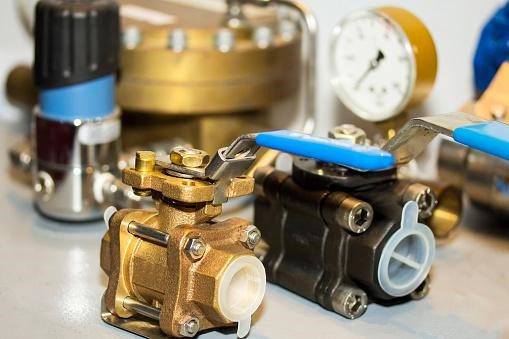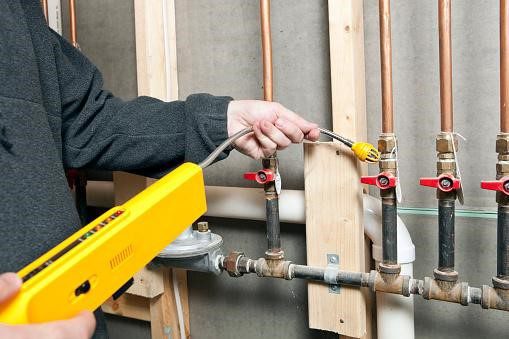Valves are essential components for controlling the flow of fluids in a system, and understanding how they work is important not only for any engineer or technician but also for anyone using them at home. In this blog, we will be talking about check valves and their applications, by the end of it you will not be an expert on the topic.
What are check valves?
A check valve is a mechanical valve that permits the flow of liquid or gas in one direction only, preventing it from flowing in the opposite direction. It is a one-way valve that opens when a certain pressure is reached on the upstream side of the valve and closes automatically when the pressure on the upstream side drops below a certain level.
Where are they used?
Check valves are used to ensure that fluid flows in one direction only, preventing backflow and protecting equipment from damage.
Check valves are used in the plumbing industry to prevent backflow and maintain the desired water pressure. In the automotive industry, they are used to regulate the fuel and oil flow in an engine. In the chemical industry, they are used to control the flow of corrosive liquids. In the industrial industry, they are used to regulate the flow of steam, air, and other gases.
Check valves are also used in many domestic and commercial applications, such as irrigation systems, pumps, and sewage systems.

Choosing a check valve: a few things to think about
There are a few factors you should consider before buying a check valve:
Type of Valve:
There are multiple types of check valves, such as ball, disc, and swing. It is important to understand the differences between each type, as well as the advantages and disadvantages of each, to determine which type is most suitable for the application.
Flow Direction:
The flow direction of the application should be considered when selecting a check valve. Certain types of valves are designed to work in one direction and may not be suitable for reverse flow.
Pressure Rating:
The pressure rating of the check valve should be considered when selecting one for a specific application. The valve must be rated higher than the pressure of the application to ensure it can handle the pressure without failure.
Corrosion Resistance:
The material of the check valve should be chosen based on the application, as different materials have different levels of corrosion resistance. The valve should be able to withstand the chemical environment it will be exposed to.
Size:
The size of the check valve should be chosen based on the size of the pipe it will be installed in. The valve should be large enough to handle the required flow rate, but not so large that it will create a high-pressure drop.

What suppliers to trust while buying a check valve?
There are many check valve suppliers in the market, to find the best one you must ensure they provide good quality, reliability, good customer service, etc.
Obaid Masood fulfills all the above-stated criteria and many others. they would provide you with excellent quality valves at a reasonable price. Moreover, they have a team of experienced and knowledgeable engineers and technicians who can help select and install check valves.
